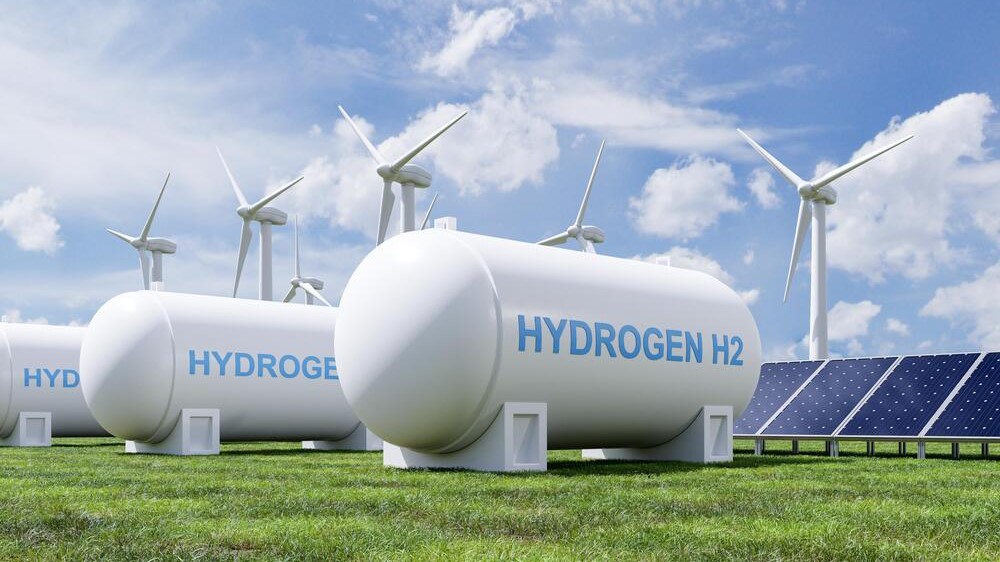A significant new international research project is aiming to advance net zero hydrogen production and explore the economic and policy requirements of building a just hydrogen economy.
The Global Hydrogen Production Technologies Center (HyPT) is a £14.1m five-year programme featuring almost 20 universities from across the UK, US, Canada and Australia. Cranfield University, Arizona State University, the University of Toronto, and the University of Adelaide will lead separate strands of the project in their respective countries. While the other country leads will each explore a different method of net zero hydrogen production, Cranfield will examine the economic, social and environmental system changes needed to build a global hydrogen economy, as well as the impact production has on local communities and ecosystems.
On the technology side, Arizona State University will lead research into water electrolysis, where electricity is used to split water into oxygen and hydrogen. The University of Adelaide will lead on photocatalysis, using sunlight to help water break apart into oxygen and hydrogen. The University of Toronto will explore methane pyrolysis, where natural gas is heated to high temperatures, producing hydrogen and solid carbon.
UK Research and Innovation (UKRI) has allocated £6.2m in funding to UK participants, with Cranfield University receiving £1.8m.
Tags: Canada, Hydrogen, HyPT, NetZero, UK, US



Recent Posts
Scandlines Nears Delivery of Zero Emissions Ferry Following Successful Sea Trials
India faces emission roadblocks with rising net-zero demands
Green Energy Resources invests in two electric Liebherr LHM 550
NYK Launches Continuous Use of Bio LNG Fuel on Car Carriers to Advance Decarbonization Goals
Yang Ming Expands Fleet with Methanol and LNG Dual-Fuel Vessels Under Fleet Optimization Plan
ClassNK Advocates Speed Gap Monitoring to Optimize Fuel Efficiency in Heavy Weather
Wärtsilä’s retrofit package for the Corsica Linea ferry Pascal Paoli has resulted in fuel savings of up to 22 percent Corsica Linea
COSCO Shipping Names Second Methanol Dual-Fuel Containership in Yangzhou